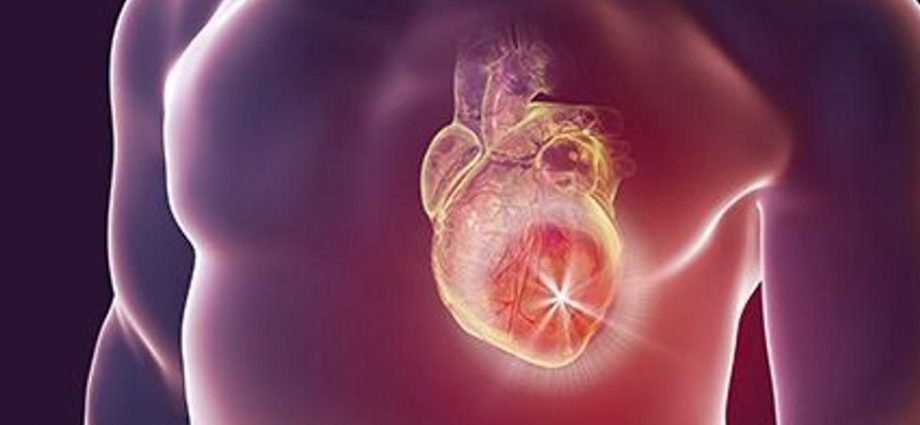FRIDAY, Sept. 9, 2022 (HealthDay News) – About 1 in 20 patients hospitalized with COVID-19 develop the heart rhythm disorder atrial fibrillation, according to data from an American Heart Association (AHA) registry.
Having a new case of a-fib in the hospital was associated with major heart events, the study found, as well as longer hospital stays and greater need for intensive care and intubation. About 45% of those patients died while in the hospital.
“In 2001, experts predicted the number of Americans living with a-fib would double by 2050 — the situation may be more dire following the COVID-19 pandemic,” said Dr. Jonathan Piccini. He is volunteer chairman of an AHA advisory group on a-fib and an associate professor at Duke University Medical Center in Durham, N.C.
“Research suggests a-fib is likely to influence more Americans and could put more people at greater risk of stroke and heart failure than previously expected,” Piccini said in an AHA news release.
At least 2.7 million Americans have a-fib, which is a quivering or irregular heartbeat. It can lead to blood clots, stroke, heart failure and other heart-related complications.
The findings, which accounted for underlying health conditions and factors in the hospital, suggest new-onset a-fib in COVID patients is a marker of adverse clinical factors, according to the heart association. A study published in July also pointed to increased risk of heart problems in COVID patients.
The AHA offers patient resources during September, which is A-Fib Awareness Month, and throughout the year at heart.org.
The study was published in the journal Circulation: Arrhythmia and Electrophysiology.
More information
The U.S. Centers for Disease Control and Prevention has more on a-fib.
SOURCE: American Heart Association, news release, Sept. 8, 2022
Copyright © 2026 HealthDay. All rights reserved.

